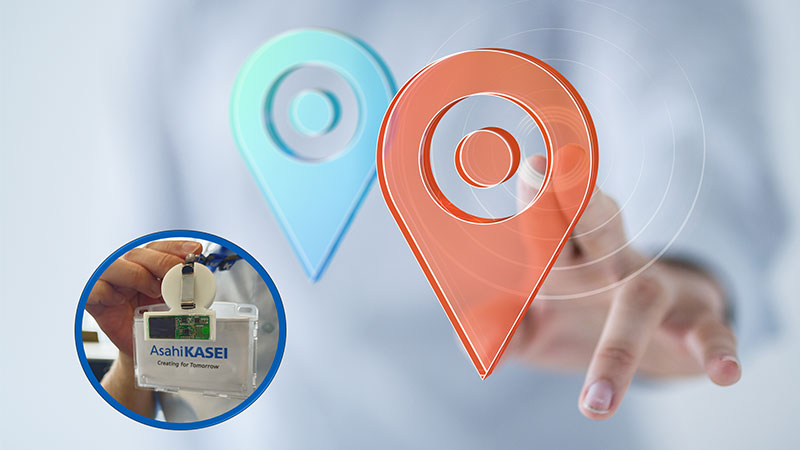Solar power
Energy Harvesting
Light energy harvested from sunlight or artificial lighting is expected to be utilized not only in offices and factories but also in familiar places such as hospitals and preschools.
However, weak light sources such as indoor lighting make sufficient power generation difficult, posing challenges for stable operation.
Asahi Kasei Microdevices (AKM) expands the application of photovoltaic devices through technologies that efficiently boost and convert energy harvested from indoor light and even faint light at night-light levels.
This page introduces examples of how these technologies are utilized.
Photovoltaic generation (power generation by indoor light)
Light energy can be collected even without solar cells
Light energy from LED lighting is collected using a step-up DC-DC converter and a photodiode.
Can drive systems with high power consumption even by using indoor light
Even if the power harvested is small, a system with a large power consumption can be driven by increasing the time of collection.

Battery-free Beacon Tag* Solution for Smart Location Management
AKM’s newly proposed battery-free beacon tag solution operates without any batteries or charging, combining photoelectric components and a small capacitor to enable “battery-free” operation. Through this material, we present the key features of the product, its system architecture, and the results of an in-house proof-of-concept deployment, providing concrete insights for realizing a practical and sustainable location tracking system.
*Beacon Tag Using Bluetooth® Low Energy (BLE) Technology.
*Bluetooth® is a registered trademark of Bluetooth SIG, Inc.
Battery-free Beacon Tags
for Monitoring Wandering
A battery-free beacon tag for monitoring wandering that utilizes AKM's energy harvesting IC, eliminating the need for battery replacement.
Inquiries about Energy Harvesting
Please feel free to contact us.
- Purchase of products and samples
- Product specifications, technical details, product reference materials, and technical questions
- Introduction to distributors/representatives
- Compliance with Environmental Standards









